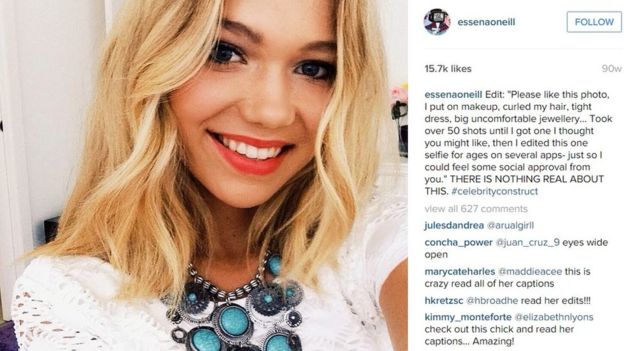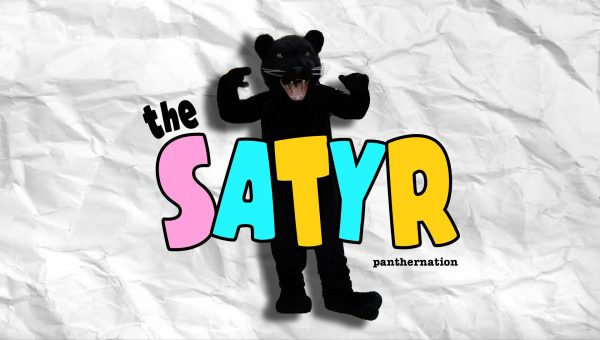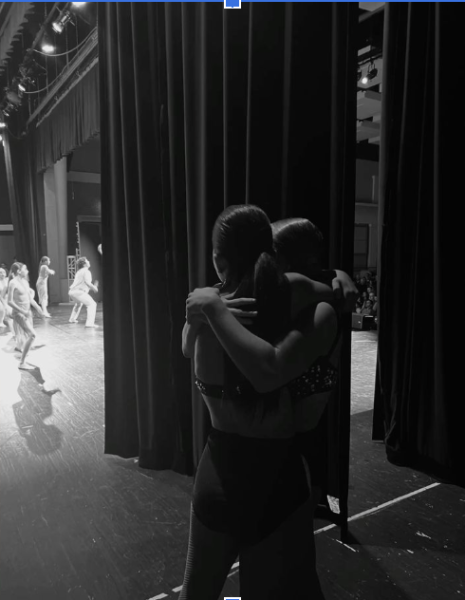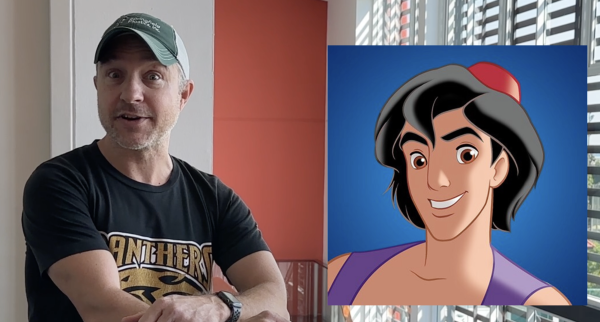Social Media: Is It Really Fake?
Essena Oneill, an 18 year old Australian teenager famous for her platform on social media, recently announced to her followers that she’d decided to permanently leave the social media world. She revealed the detrimental effects social media has had on her throughout her entire childhood and teenage years, and describes it as “contrived perfection made to get attention.”
With over half a million followers on Instagram, Essena went ahead and deleted almost 2000 of her photos, leaving only a couple to reveal what was really going on behind the scenes of each photo. Most of her edited captions describes the countless hours she had spent trying to get a perfect shot of her in a dress, and stressing out over creating false moments that had never happened, instead of focusing on enjoying her real life outside of an iPhone screen.
She even revealed the amount of money she was making off of her Instagram account, stating that $2000 AUD for promoting a product was as easy as it could get. Yet despite her entire career revolving around social media, she decided to transform her life in hopes of teaching young girls that being famous or having the perfect body is not cool, inspirational or goals. In fact, she admits that whilst she may have looked as if she was constantly smiling, laughing, and having a good time in her photos; in reality, she was constantly feeling depressed, insecure, and stressed.
She takes her audience back to when it had all started and states that as a young girl, all she ever wished for was happiness through fame and popularity on social media. However, when she finally reached all of these goals, her happiness failed to increase, and she found herself completely emerged in a 2D world. Thus, her realization that happiness doesn’t come from fame is one of the main points she hopes to get across to her audience.
As a fellow Instagram user who has been actively following Essena Oneill for years, I was completely taken aback when first reading her post about her decision to remove herself from this 2D world. But after watching her full explanation on the reasoning behind her decision, I started to not only understand her point of view, but also see a little bit of her in myself and the people around me.
It is unquestionable that social media has advanced into a spectacular tool, not just for communication, but also for business and marketing. However, our society today has become so emerged and obsessed with social media validation, that sometimes we forget to focus on real life projects and happenings outside of the digital world. And many times, we unknowingly compare social media and posed photos to real life, which highers our expectations for the real world, and can ultimately lower our happiness and self-esteem.
It’s important to realize that as great as social media is, it’s not real life. Because nobody wants to share a photo of themselves crying after a bad morning, or a picture of a dress that doesn’t flatter their body. We need to realize that not only is social media a means of communication, but also an advertising platform, meaning photos are edited, blemishes are smoothed, eyes are brightened, and candid photos aren’t as candid as they look.
We are the social media generation; many people like to refer to us as the “brain-washed generation,” but a part of that label is true, as a lot of what we do today involves social media. While it is an integral part of modern society that has opened countless doors for millions of people around the world, it is also important to stay aware of its uses and possible misuses by knowing how and to what extent you want to let social media be apart of your life. Because social media isn’t all fake. It just depends on how you make use of it, as it’s only up to you whether you want to live in a 2D world of made up moments or utilize the ability to share photos as a way of looking back on real moments. You can choose to live with social media, or live in social media.
Stella K










